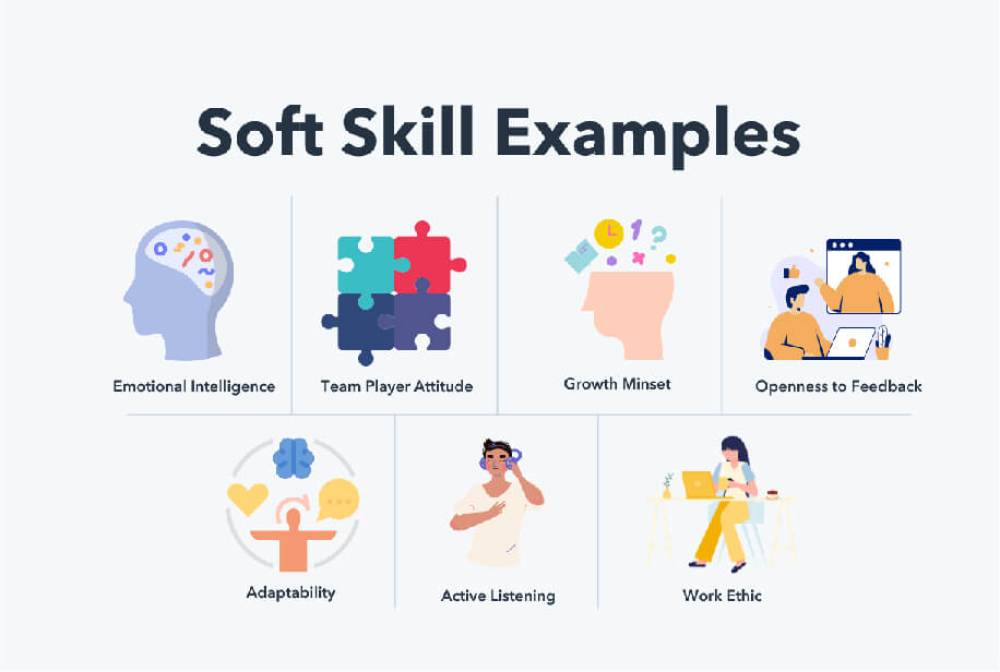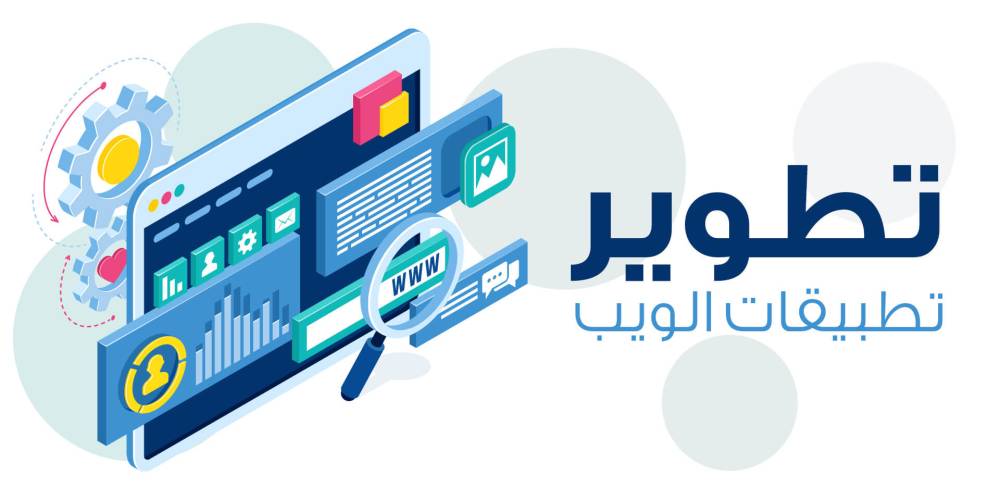
Soft skills; importance in design-build projects
Client Relations: Building strong client relations is crucial for design consultants in design-build projects. Soft skills such as empathy, active listening, and understanding clients' perspectives allow consultants to establish trust and effectively address clients' needs and expectations.
Effective Communication: Effective communication is vital in design-build projects as it ensures seamless collaboration among team members, stakeholders, and clients. Design consultants with excellent interpersonal and communication skills can articulate ideas, listen attentively, and engage in productive discussions. By effectively conveying their vision and understanding the needs of others, design consultants can build rapport, resolve conflicts, and maintain positive relationships throughout the project.
Collaboration and Teamwork: Design-build projects involve multidisciplinary teams working together towards a common goal. Design consultants with strong teamwork and collaboration skills can facilitate effective cooperation among team members.
Problem-Solving: Design-build projects often present complex challenges that require innovative and strategic problem-solving. Design consultants with strong analytical and critical-thinking skills can effectively identify issues, evaluate alternative solutions, and make informed decisions.
Leadership and Adaptability: Design consultants with strong leadership skills can inspire and motivate team members, ensuring that everyone is aligned with project objectives and delivering their best work.
In conclusion, while technical skills are essential, the soft skills possessed by design consultants play a vital role in the success of design-build projects. Effective communication, client relations, collaboration, problem-solving, leadership, and adaptability are crucial attributes that enable design consultants to excel in their roles. By prioritizing the development and utilization of soft skills, design consultants can enhance project outcomes, foster positive relationships, and contribute to the overall success of design-build projects.





